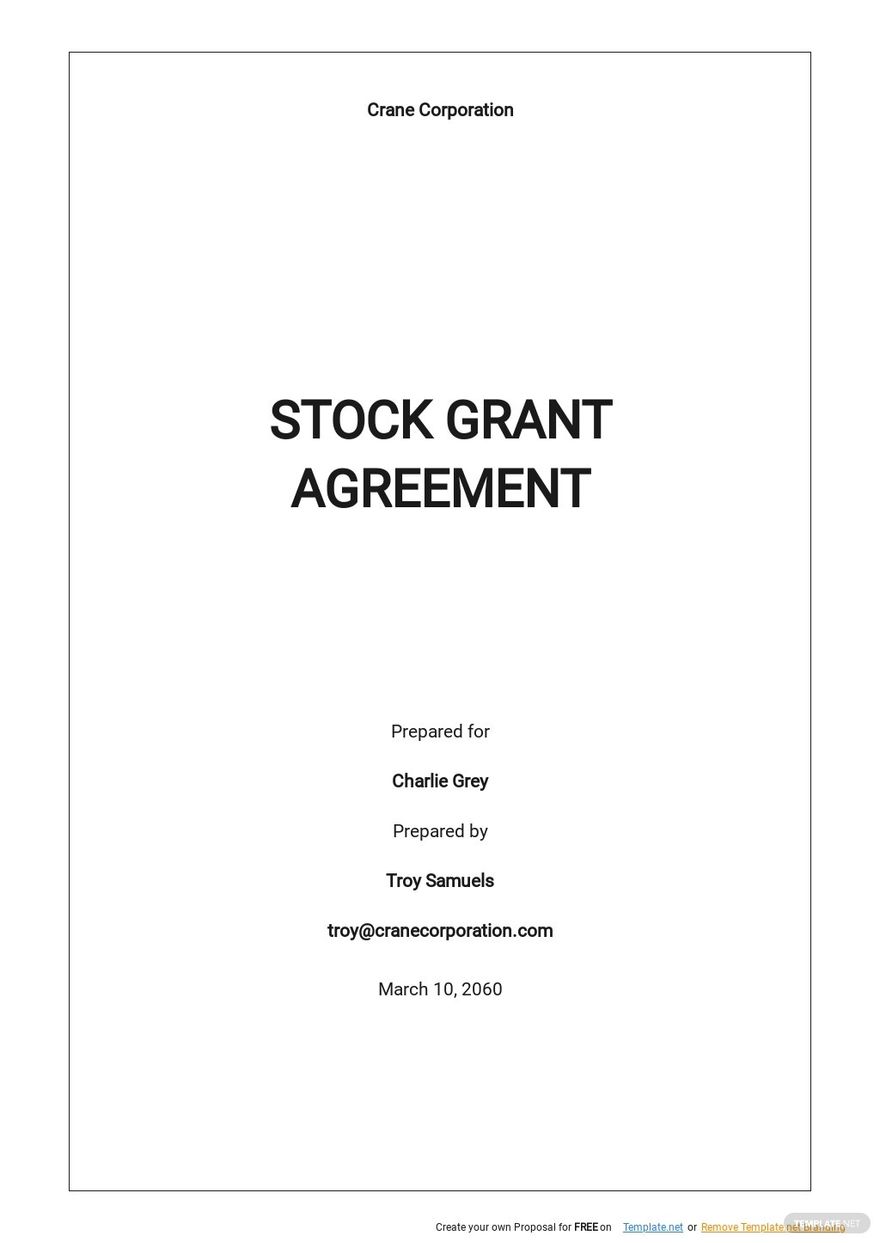Last-Minute TV Show Chaos: Presenter Cancellation And Host's Quick Response

Table of Contents
The Unexpected Cancellation – A Live TV Nightmare
The daily morning show, "Sunrise City," a popular local news and lifestyle program, was about to begin its broadcast. The show's format typically involves two presenters: a seasoned news anchor and a vibrant lifestyle expert. The lifestyle expert, renowned for her engaging segments on cooking and travel, was scheduled for a key cooking demonstration. However, just 30 minutes before airtime, a frantic call came in – the lifestyle expert was suddenly unable to attend due to a severe migraine. This was a true last-minute TV show crisis.
The immediate impact was palpable:
- Panic among the production team: The clock was ticking, and the carefully planned schedule was in disarray.
- Disruption to the planned schedule: The cooking segment, a major draw for viewers, was now in jeopardy.
- Potential for negative viewer experience: A noticeable gap or a poorly handled substitute could lead to frustrated viewers.
- Loss of potential advertising revenue: Sponsors rely on consistent, high-quality programming. A disruption could negatively affect advertising value.
This unexpected event highlighted the inherent risks of live live television and the critical need for effective crisis management in broadcast emergencies.
The Host's Swift and Effective Response – A Case Study in Problem Solving
The seasoned news anchor, known for her quick wit and on-the-spot adaptability, stepped up. Instead of succumbing to the pressure, she demonstrated exceptional quick thinking and problem-solving skills.
The host's actions were exemplary:
- Maintaining composure on air: She projected calm confidence, reassuring viewers that the show would continue smoothly.
- Effective communication with the audience: She briefly addressed the unexpected change, apologizing for the inconvenience but promising a compelling alternative.
- Re-structuring segments seamlessly: She swiftly collaborated with the director to rearrange the show's flow, extending other segments to fill the gap.
- Collaboration with the production team for quick solutions: She worked closely with the production team to find a suitable replacement segment, opting for a pre-recorded interview that fit the time slot perfectly.
Her on-air professionalism, adaptability, and resourcefulness prevented the last-minute TV show crisis from escalating into a major disaster.
Lessons Learned: Preparing for Last-Minute TV Show Crises
This experience underscores the crucial importance of contingency planning in live television production. To avoid similar situations, several preventative measures should be implemented:
- Having a backup presenter/guest ready: A standby list of potential substitutes can mitigate unexpected absences.
- Developing a flexible show format: A show structure that allows for adjustments and substitutions is essential.
- Implementing robust communication channels: Clear and immediate communication between the production team and presenters is vital.
- Training staff on crisis management techniques: Regular training can prepare the team to handle unforeseen events effectively.
Investing in risk management and robust crisis communication strategies are crucial for broadcast preparedness and adherence to TV production best practices.
The Aftermath and Viewer Reaction – Analyzing Success
The viewers' response was overwhelmingly positive. Many praised the host's professionalism and quick thinking on social media, highlighting her ability to maintain a high standard of broadcast quality despite the unexpected challenge. Several positive articles appeared in local media, praising her successful crisis management and the show's seamless transition.
The outcomes demonstrated the effectiveness of the host's response:
- Positive viewer feedback: The overwhelming majority expressed appreciation for the host's calm demeanor and the show's ability to recover gracefully.
- Successful broadcast despite the challenge: The show aired without any significant disruption, maintaining its quality and audience engagement.
- Increased appreciation for the host's skill and professionalism: The crisis highlighted the host’s exceptional abilities, gaining her significant public praise.
This situation demonstrated the power of effective audience engagement and the benefits of positive PR in overcoming a last-minute TV show crisis.
Conclusion
This real-life case study of a last-minute TV show crisis emphasizes the importance of preparedness and quick thinking in live television. The host's effective problem-solving skills, coupled with the production team’s swift adaptation, successfully navigated a potentially disastrous situation. The key takeaway is the absolute necessity of proactive contingency planning to mitigate risks and maintain high broadcast standards. We encourage you to develop your own last-minute TV show crisis management plans, incorporating techniques outlined in this article. Share your experiences of handling similar situations, helping others learn how to avoid TV show crises, manage live TV emergencies, and improve TV production crisis management strategies.

Featured Posts
-
 Qua Xua It Nguoi Biet Den Nay Ban 60 000d Kg Ly Do Nen Thu
May 03, 2025
Qua Xua It Nguoi Biet Den Nay Ban 60 000d Kg Ly Do Nen Thu
May 03, 2025 -
 Mauritius And Donor Country Agreement On Grant Assistance
May 03, 2025
Mauritius And Donor Country Agreement On Grant Assistance
May 03, 2025 -
 The Ongoing Row Within Reform Uk An Analysis
May 03, 2025
The Ongoing Row Within Reform Uk An Analysis
May 03, 2025 -
 Why Are Men Shaving Their Eyelashes
May 03, 2025
Why Are Men Shaving Their Eyelashes
May 03, 2025 -
 Legendary Band Plays Only Under Extreme Circumstances
May 03, 2025
Legendary Band Plays Only Under Extreme Circumstances
May 03, 2025
